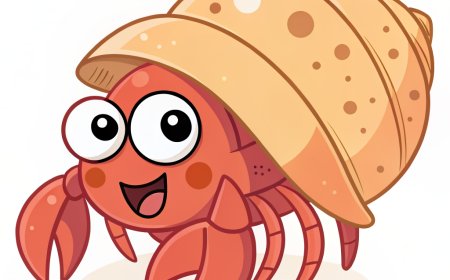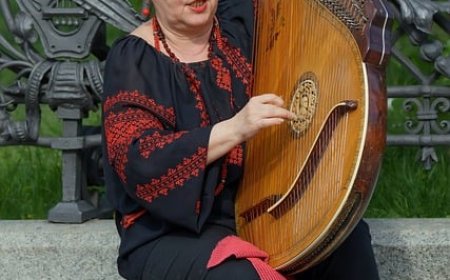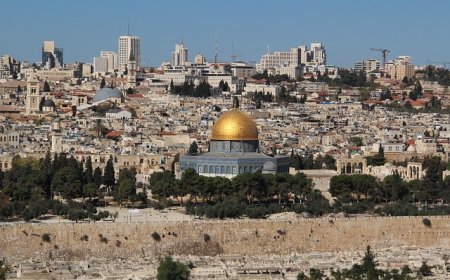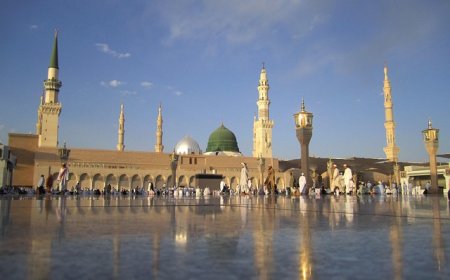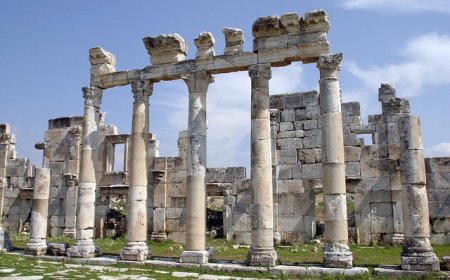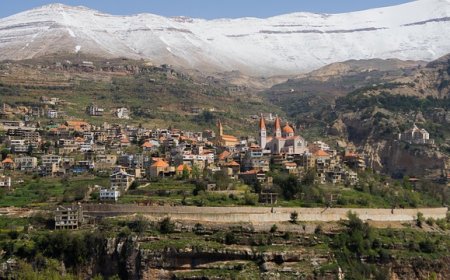Kuwait for Students: Discover the Culture, Geography, and History of a Gulf Nation
Learn about Kuwait’s deserts, oil wealth, culture, and traditions in this student-friendly guide with vocabulary and a fun quiz.
Kuwait: Desert Riches, Modern Cities, and Gulf Traditions
Introduction
Kuwait is a small country on the Arabian Gulf that has become known for its great wealth, modern cities, and strong traditions. Even though it covers less land than some large cities, Kuwait plays an important role in world energy and Middle Eastern culture. From tall skyscrapers to wide deserts, Kuwait is a place where old and new ways of life meet.
Geography and Landscape
Kuwait is located in the northeastern corner of the Arabian Peninsula. It shares borders with Iraq to the north and west, Saudi Arabia to the south, and the Persian Gulf to the east.
The land is mostly flat desert, with sand dunes and rocky plains. There are no rivers or forests, so people rely on desalination plants to get fresh water from the sea.
The coastline has sandy beaches and Kuwait Bay, where fishing boats and tankers can be seen. Summers are extremely hot, often over 50°C (122°F), while winters are mild with occasional rain.
Cities and Regions
The capital city, Kuwait City, is a modern metropolis with tall glass towers, shopping malls, museums, and busy markets called souks.
Other important areas include:
- Al Jahra, a farming and residential region
- Salmiya, known for restaurants and the Scientific Center aquarium
- Failaka Island, which has ancient Greek ruins and beaches
Kuwait City is the center of government, business, and culture, where most people live and work.
People, Language, and Culture
Kuwait has about 4.4 million people, but most are expatriates who come from other countries to work. Only about 30% are Kuwaiti citizens.
The main language is Arabic, and English is widely used in schools and business.
Islam is the official religion, and many aspects of daily life, including holidays and customs, are shaped by Islamic beliefs.
Kuwaiti culture is known for:
- Hospitality, offering guests dates and Arabic coffee
- Traditional music and dance, like the ardha sword dance
- Pearl diving heritage, which was once the main way of life
- Modern art and film that blend Gulf traditions with new ideas
Family ties are very strong, and large gatherings are common.
Food and Daily Life
Food in Kuwait is influenced by Arabian, Persian, and Indian flavors. Meals often feature rice, meat, fish, and spices.
Popular dishes include:
- Machboos, spiced rice with chicken or lamb
- Margoog, a stew with vegetables and meat
- Harees, a porridge of wheat and meat cooked slowly
- Samboosa, crispy pastries filled with meat or vegetables
People enjoy drinking tea and Arabic coffee throughout the day.
Children begin school around age 4 or 5 in kindergarten. Education is free for Kuwaiti citizens and includes Arabic, math, science, Islamic studies, and English. Many students also learn computer skills.
History of Kuwait
Kuwait’s location along the Gulf has made it an important trading post for centuries. In the past, people earned their living by fishing, trading goods, and diving for natural pearls.
In 1961, Kuwait became an independent country after being a British protectorate. Soon after, oil was discovered, bringing great wealth and rapid modernization.
In 1990, Iraq invaded Kuwait, leading to the Gulf War, but the country was liberated in 1991 with help from an international coalition. Since then, Kuwait has rebuilt and continued to grow its economy.
Nature and Wildlife
Even though Kuwait is mostly desert, it has unique wildlife:
- Desert foxes
- Gazelles
- Migratory birds that visit the coast
- Fish and coral reefs in the Gulf
Reserves and protected areas help protect plants and animals from overdevelopment.
📚 Vocabulary List
| Word | Definition |
|---|---|
| Peninsula | Land surrounded by water on three sides |
| Desalination | Turning seawater into fresh water |
| Expatriate | A person living outside their home country |
| Machboos | Rice with meat and spices |
| Souk | A traditional market |
| Pearl diving | Collecting pearls from oysters underwater |
| Gulf War | A conflict after Iraq invaded Kuwait |
| Ardha | A traditional sword dance |
👧🧒 Kid-Friendly Summary
Kuwait is a desert country with tall buildings, sandy beaches, and lots of oil. People speak Arabic and enjoy rice dishes like machboos. Long ago, many Kuwaitis were pearl divers. Today, Kuwait is modern and full of energy, with traditions that make it unique.














